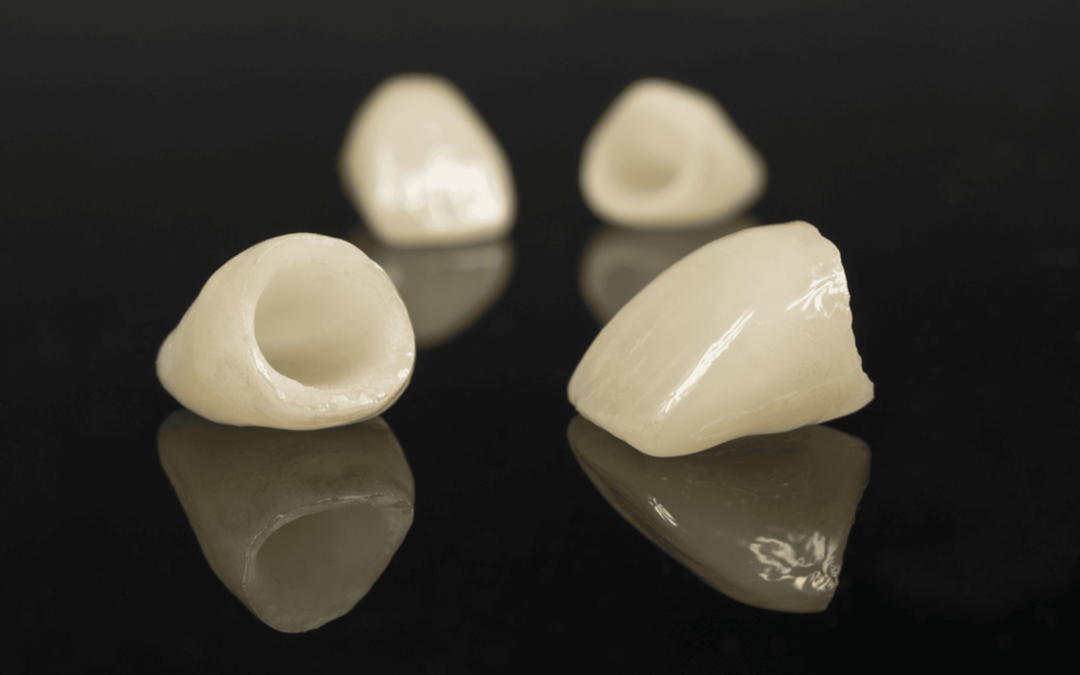Dental crowns are a typical restorative technique used to fix broken teeth or enhance their appearance. Although crowns are made to be strong and long-lasting, they can still be damaged. Your dental crown might need to be changed or adjusted if it begins to show signs of deterioration over time.
-
Why are Dental Crowns Recommended?
There are a number of reasons why your dentist may advise getting dental crowns near you. These include:
Protecting a weak or damaged tooth
A tooth that has been weakened by disease, fissures, or fractures can benefit from a dental crown. Additionally, the crown might lessen the likelihood of tooth loss and help prevent subsequent dental deterioration.
Restoring a broken or worn-down tooth
Crowns can be used to restore a tooth that has been broken or worn down due to grinding or clenching.
Covering a dental implant
Dental implants are prosthetic tooth roots inserted into the jawbone to support a dental bridge or denture. In order to construct a substitute tooth that looks natural, a dental crown is attached to the implant.
Improving the appearance of a tooth
A tooth that is discolored, malformed, or otherwise aesthetically unattractive may benefit from a dental crown.
-
Indications Your Dental Crown May Need Replacement or Refitting
Pain or Sensitivity
When you chew or bite down, pain or sensitivity may be a symptom that your dental crown is no longer fitting properly. Numerous factors, including dental decay or damage to the crown itself, may be responsible for this issue. If you encounter any discomfort or sensitivity, it’s important to visit our dentist in Ladner so they can identify the issue and recommend the best course of action.
Visible Wear and Tear
Although dental crowns are designed to withstand use, they are not unbreakable. A crown could develop obvious wear and tear over time in the form of chips, cracks, or discoloration. It could be time to get a new crown if any of these symptoms appear. A cracked crown can be unsightly and increase the risk of future decay or damage to your teeth.
Loose Crown
A dental crown should fit over your tooth firmly and precisely. Your crown may need to be fixed or replaced if you find that it seems loose or unstable. Bacteria can enter the area between a crown and a tooth if it is loose, which increases the risk of decay and infection.
If you experience any of these symptoms, it is crucial to speak with your dentist near you to figure out the best course of action. Your crown may occasionally only require a minor modification or refitting to return to its ideal form and function. In some situations, a replacement crown could be required to guarantee the utmost dental comfort and health.
-
FAQs
1.What is a crown?
A cap shaped like a tooth is a dental crown. Crowns are used by dentists to repair weakened, fractured, or chipped teeth. A crown has a snug fit across your entire tooth. Before securing your new crown into place, a dentist will need to remove a small amount of enamel to ensure an accurate fit. Crowns are made by dental technicians from a range of materials, including porcelain, metal, and resin.
2.How long will a crown last?
For the majority of patients, a standard porcelain tooth crown should last 6–14 years or longer. Depending on the patient’s oral hygiene regimen, this period of time may lengthen or diminish.
3.What materials are most often used for crowns?
Metals, porcelain, resin, and ceramics can all be used to create dental crowns. Over time, they normally only need common, adequate oral hygiene and no extra maintenance.
Dental crowns in Ladner are a strong and long-lasting solution for teeth with damage or deterioration. However, it’s crucial to keep monitoring for signs of deterioration as time passes with your crown. Consult our dentist at Riverside Dental -Delta to identify the best course of action for maintaining your oral health if you feel any pain, discomfort, or obvious damage, or if you detect changes in the fit or appearance of your crown.

